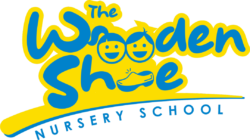Programs
Our programs offer kids in various age groups the chance to interact with their peers, learn at their own pace, and develop all the skills they need going forward. Caring for children is about so much more than just watching them and ensuring they are physically safe. We also want to ensure their healthy, emotional, intellectual, physical, and social development.
Infants
Our littlest kids, aged eight weeks to twelve months, need a lot of care, but we understand that babies are not idle. From the very start, babies start to learn and react to the stimuli around them. They begin to develop many physical skills and language skills. They start to become more active. Infancy is a time for children to begin developing the skills that will serve them throughout their lives, and we ensure our programming for infants reflects this. We recognize that even infants are individuals needing stimulating and distinctive care.
Language Activities
Infants are not too young to benefit from language activities. Talking to a baby often, using their name, and describing activities you are doing vocally to the baby are examples of ways parents can facilitate language activities. We also use these techniques to help boost language learning and expression.
This is the heading
Lorem ipsum dolor sit amet consectetur adipiscing elit dolor
Infants
Our littlest kids, 6 weeks to 18 months, need a lot of care, but we understand that babies are not idle. From the very start, babies start to learn and react to the stimuli around them. They begin to develop many physical skills and language skills. They start to become more active. Infancy is a time for children to begin developing the skills that will serve them throughout their lives, and we ensure our programming for infants reflects this. We recognize that even infants are individuals needing stimulating and distinctive care.
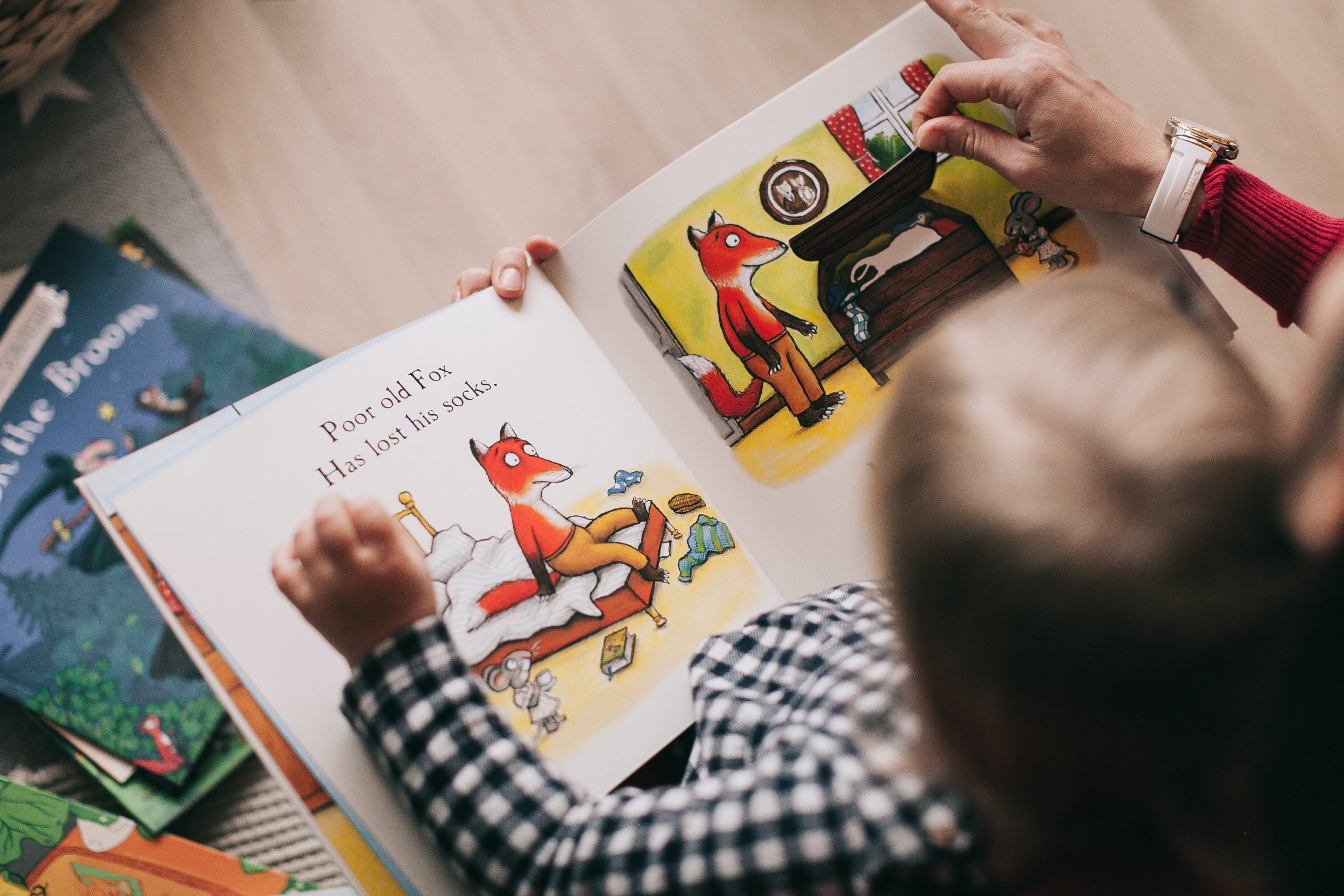
Language Activities
Infants are not too young to benefit from language activities. Talking to a baby often, using their name, and describing activities you are doing vocally to the baby are examples of ways parents can facilitate language activities. We also use these techniques to help boost language learning and expression.

Art Activities
Art is a powerful way to nurture self-expression and create a curious and thoughtful orientation about the world.

Music Activities
Music promotes learning and development by stimulating babies’ senses and creating improved cognitive abilities and social skills. Music and movement can be combined to create impressive outcomes.

Language Activities
Infants are not too young to benefit from language activities. Talking to a baby often, using their name, and describing activities you are doing vocally to the baby are examples of ways parents can facilitate language activities. We also use these techniques to help boost language learning and expression.

Art Activities
Art is a powerful way to nurture self-expression and create a curious and thoughtful orientation about the world.

Music Activities
Music promotes learning and development by stimulating babies’ senses and creating improved cognitive abilities and social skills. Music and movement can be combined to create impressive outcomes.

Sensory Motor Activities
Sensory motor activities help babies connect meaningfully with the world through touch. An example of these activities includes giving babies toys that are easy to hold. These toys should be of various textures. The tactile experience is incredibly enriching for infants.

Sensory Motor Activities
Sensory motor activities help babies connect meaningfully with the world through touch. An example of these activities includes giving babies toys that are easy to hold. These toys should be of various textures. The tactile experience is incredibly enriching for infants.
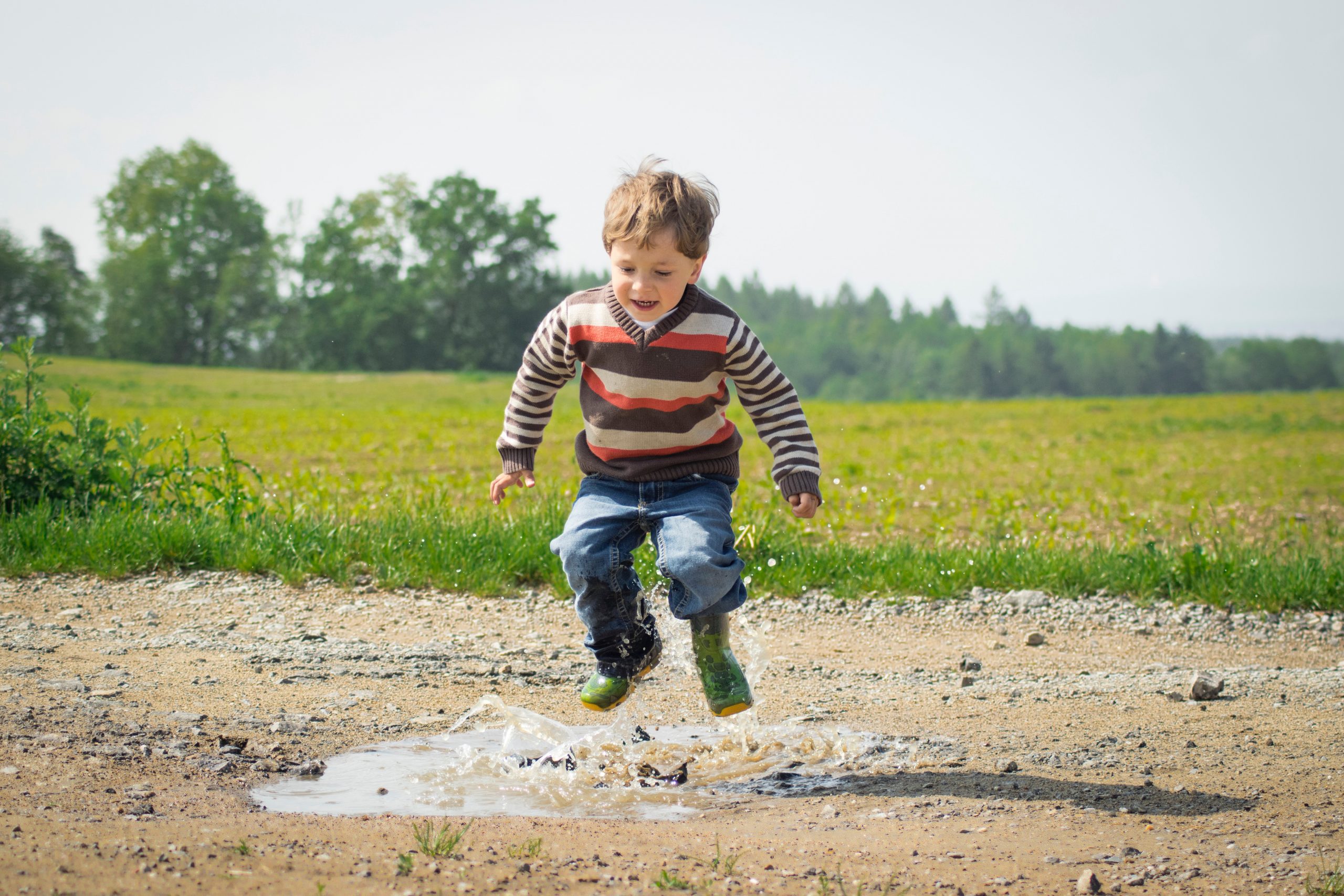
Dramatic-Play Activities
Dramatic play is enriching because it is not only fun for youngsters but is also a way to help them learn to be more in tune with their feelings, connect to others, and create healthy self-expression outlets. Through pretending to be others and acting out situations, kids can learn to understand the dynamic nature of the world and promote self-discovery,
Toddlers
Our toddler programs are for children from 18 months to 36 months and include two age-based categories. We want to help toddlers connect with other students while learning to be individuals who feel confident with all the things that make them unique. We constantly stay in touch with toddlers to access their dynamic needs and developmental requirements.

Social and Emotional Development
Social and emotional development occurs in an encouraging and warm environment. The staff makes the rules clear through vocalization and sets necessary limits. Precise and clear parameters and expectations help the child learn to manage separation, anxiety, and social fears. Children will learn to play as individuals and as members of groups.

Self-Help Skills
Learning to be increasingly independent is important for toddlers to learn autonomy and self-esteem. Self-help skills help kids grow, allowing them to challenge their abilities in a safe, monitored space. Self-help skills include hand and face washing, using utensils, toilet training, and putting toys away.

Gross Motor Development
Gross motor development is customized to each child’s developmental levels, and activities in this area can include ball play, dancing, climbing, tumbling, and pull toys. These skills help children become active and learn to move their bodies.

Sensory Experiences
Toddlers experience profound phases of sensory development. We set aside time for sensory experiences like flashlight play, play dough, fingerpainting, and sand table each day, and these activities help children engage with their senses.

Creative Expression
Creative expression activities allow kids to express themselves through creative means like easel painting, chalkboards, watercolors, coloring with crayons, and sponge painting. These activities can often serve as sensory experiences, showing how many activities we do overlap and tackle multiple skills at once.
Nursery
We want to continue building on the skills children learned when they were toddlers. We make sure to give the kids more challenges as they get older, allowing them to work at a pace that doesn’t overwhelm or stress them. Our theme-based “whole language” program established several learning centers across the classroom. These centers allow children to learn from experience, interconnection, and various learning materials.
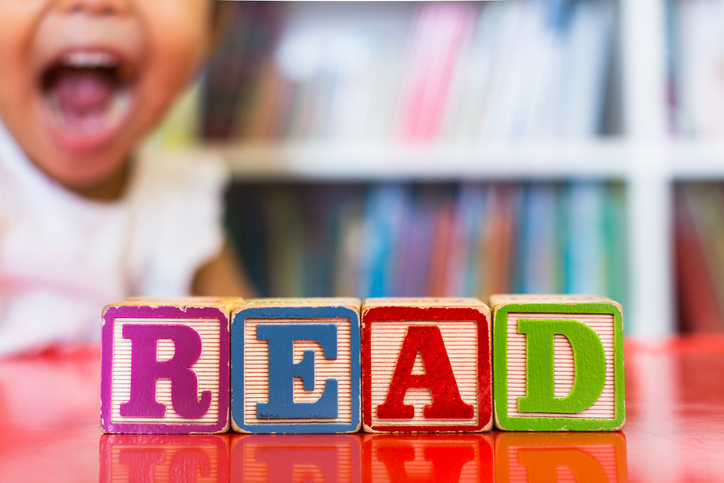
Language Skills
Language skills are vital for solid communication. We help children listen, speak, read, and write as part of their daily routine so they can learn to express themselves in various ways.

Concepts
Children learn concepts through hands-on experiences and projects. These concepts can include math, science, pre-writing, and pre-reading. We challenge the kids based on their readiness for these concepts.

Literacy
Nursery-aged kids can start to learn letters in meaningful ways, and we help them build a foundation for literacy through reading and writing in the classroom. We help them become literate as they are ready.

Fine Motor Skills
To help kids with fine motor skills, we use art and crafts materials that are age-appropriate. Tools can include glue, craft materials, and scissors.
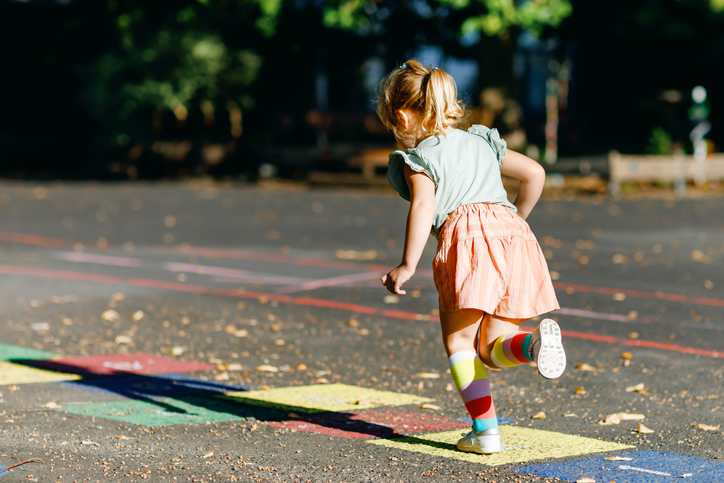
Gross Motor Skills
Physical activities like climbing, dancing, running, and constructive play are all essential active opportunities for children to develop gross motor skills.
Pre-K Summer Camp
Our Pre-K summer camp offers additional opportunities for kids to learn and have fun during the summer. This program can allow kids to explore, try new things, and learn during the summer.
Schedule a Tour
If you’re interested in learning more about The Wooden Shoe, you can schedule a tour to see our facilities and ensure that we are the right fit for your family! We are happy to answer any questions you may have and show you the nuanced details of how we operate our program and set kids up for success.
